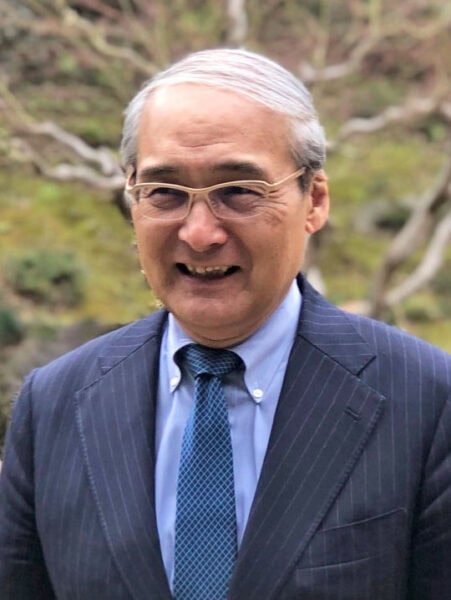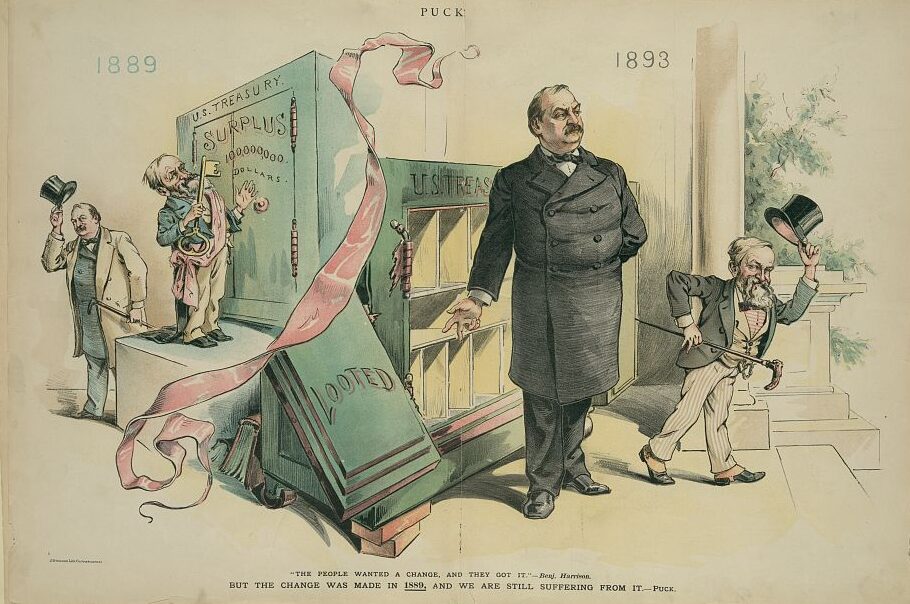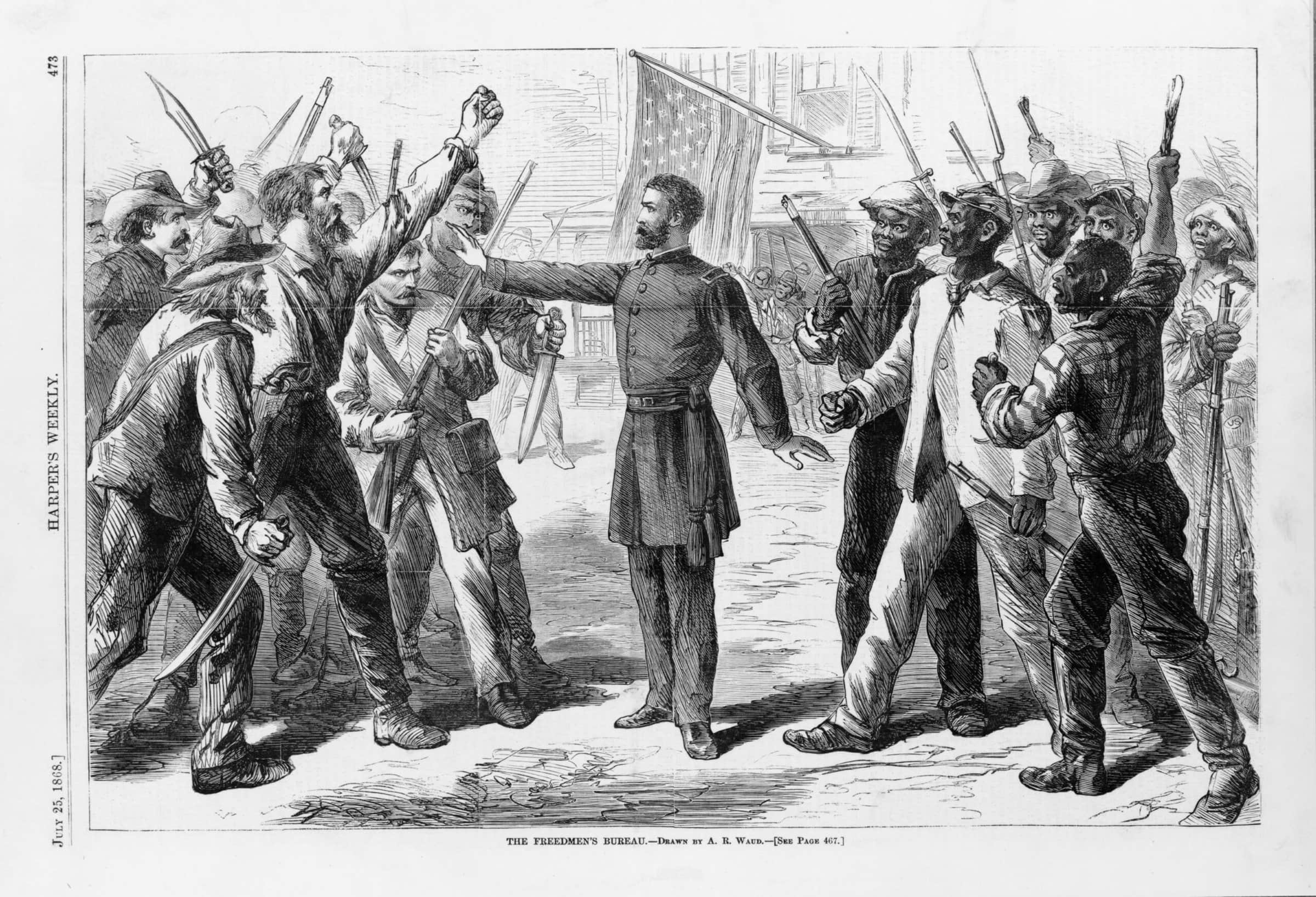Fumiaki Kubo is the president of the National Defense Academy of Japan and professor emeritus at the University of Tokyo. He lives in Tokyo and has been a member since 1991.

Alma mater: PhD (law), University of Tokyo
Fields of interest: New Deal, current US politics and foreign policy, transformation of the Republican Party
Describe your career path. What led you to where you are today?
I got more interested in political science and political history than in law as an undergraduate law student. (Law is an undergraduate program in Japan and often includes political science.) I studied at Cornell (1984–86), Johns Hopkins (1991–93), Georgetown and the University of Maryland at College Park (1998–99), and I taught at Tsukuba (1982–88), Keio (1988–2003) and Tokyo University (2003–21). I was also a scholar at the Woodrow Wilson International Center for Scholars (2014).
What do you like the most about where you live and work?
My current workplace is in Yokosuka, where the US 7th Fleet is homeported. Uraga, where Commodore Matthew Perry arrived in 1853, is just a few minutes drive away from campus.
What projects are you currently working on?
- US–Japan relations focusing on its asymmetrical legal structure in terms of rights and obligations of each party
- The Biden presidency in the context of rising populism
- A biography of Franklin Delano Roosevelt
Have your interests evolved since graduation? If so, how?
Yes, from the New Deal to the current environmental politics to the transformation of the Republican Party. I had to teach American politics as well as history, which is not rare in Japan. This is why my interest has moved to the more contemporary period. It is always fun to analyze current US politics in the context of its modern history. But my interest in the New Deal has been coming back recently.
What’s the most fascinating thing you’ve ever found at the archives or while doing research?
A diary entry from March 6, 1940 by Henry A. Wallace about encountering discrimination against African Americans in the South.
Is there an article, book, movie, blog, etc. that you could recommend to fellow AHA members?
Sweden by Marquis Child reminds us of an unique liberal atmosphere of the mid–1930s, which most Americans now do not know about.
What do you value most about the history discipline?
It gives us a sense of relativity to understand the contemporary time. We know how much as well as how little human beings have achieved.
Why is membership in the AHA important to you?
I could get connected with the academic world of the US and the world while being in Tokyo.
AHA members are involved in all fields of history, with wide-ranging specializations, interests, and areas of employment. To recognize our talented and eclectic membership, Perspectives Daily features a regular AHA Member Spotlight series.
This work is licensed under a Creative Commons Attribution-NonCommercial-NoDerivatives 4.0 International License. Attribution must provide author name, article title, Perspectives on History, date of publication, and a link to this page. This license applies only to the article, not to text or images used here by permission.



